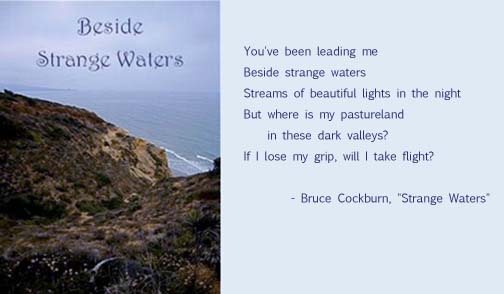Seriously, I am done. I have accumulated an embarrassingly large stack of notes about this poem, and have written my own ghazal; it is time to move on. But first, let me share with some highlights about Percy Bysshe Shelley and his famous poem.
Not everybody liked this poem (I wonder why?):
The absence of concrete imagery in 'The Indian Serenade' has been adversely criticized. The poem's natural world verges on the impalpable: the soft winds, vague perfumes, song of the nightingale, the invisible inaudible stream, faint, die, fall, just as the serenader does in his half-waking ecstasy. It is as if he had awakened from dreams of his lady into a world even more dream-like and indistinct (Park 11).
"In certain critical circles, 'The Indian Serenade' seems to have attained an eminence second only to Kilmer's 'Trees' as a favorite whipping poem" (Levin 305). The New Critics in particular condemned the line, "I die, I faint, I fail" for its "vagueness of description and the direct statement of feeling in poetry" (Abrams and Harpham) – they, as Spock himself might have done, much preferred the Vulcan purity of the objective correlative to all that sloppy, vague emotional verbiage.
